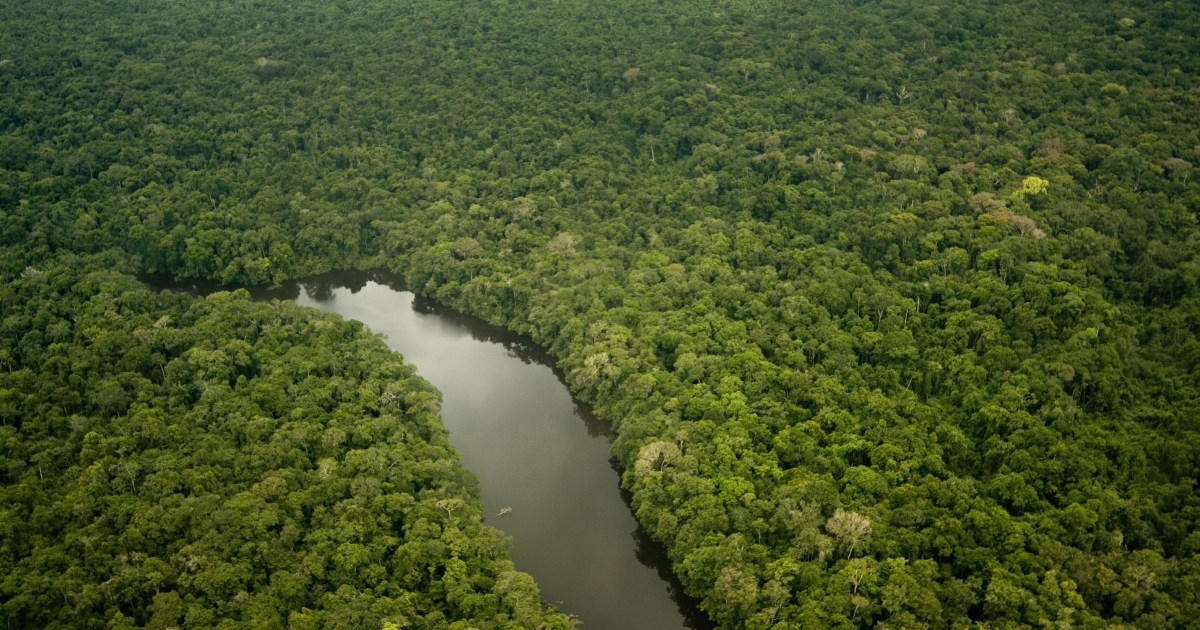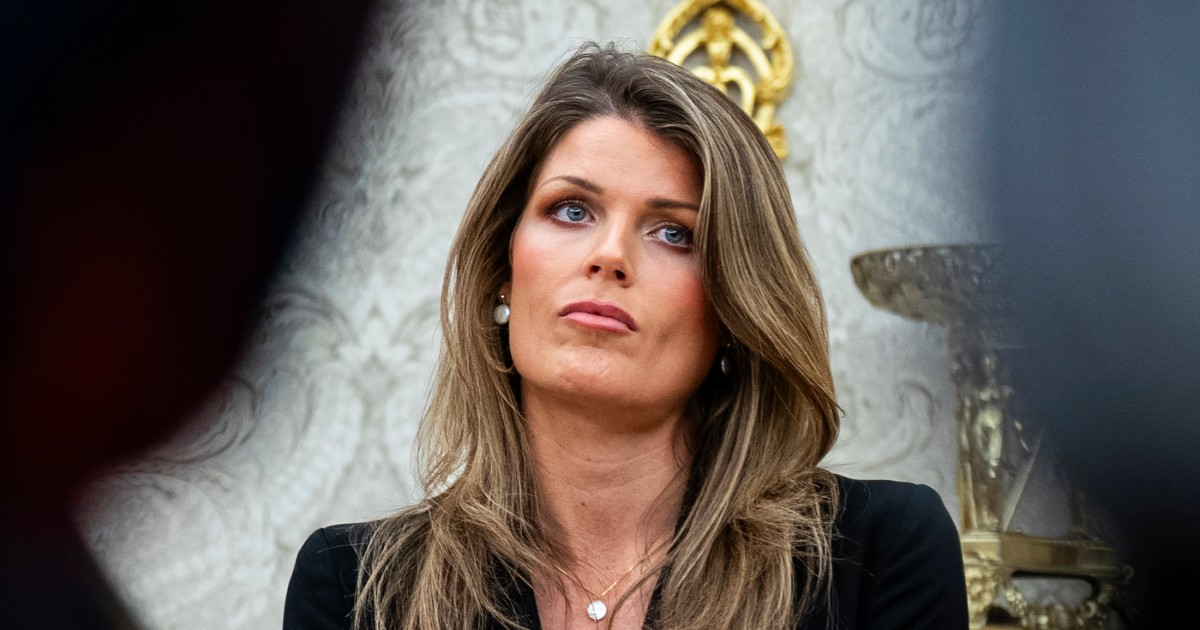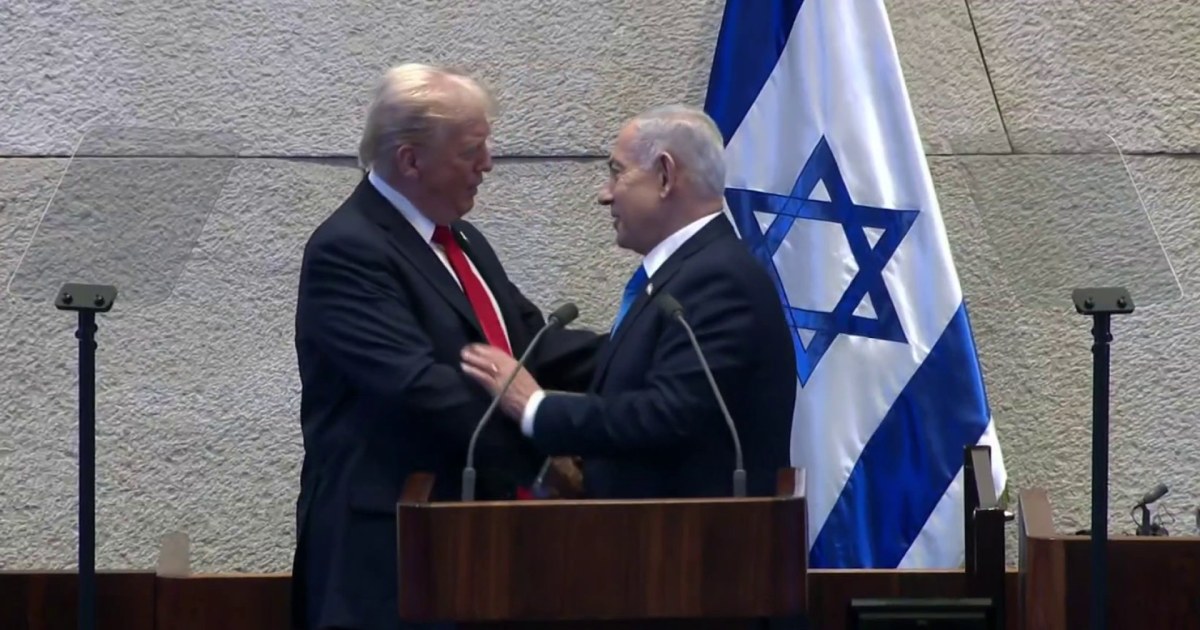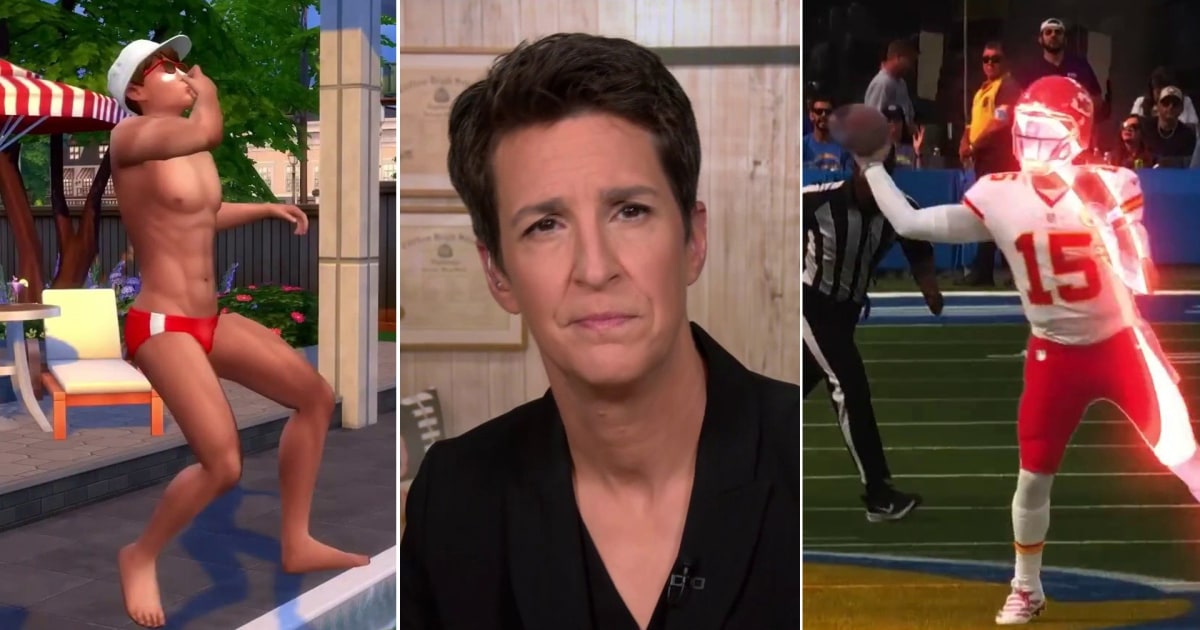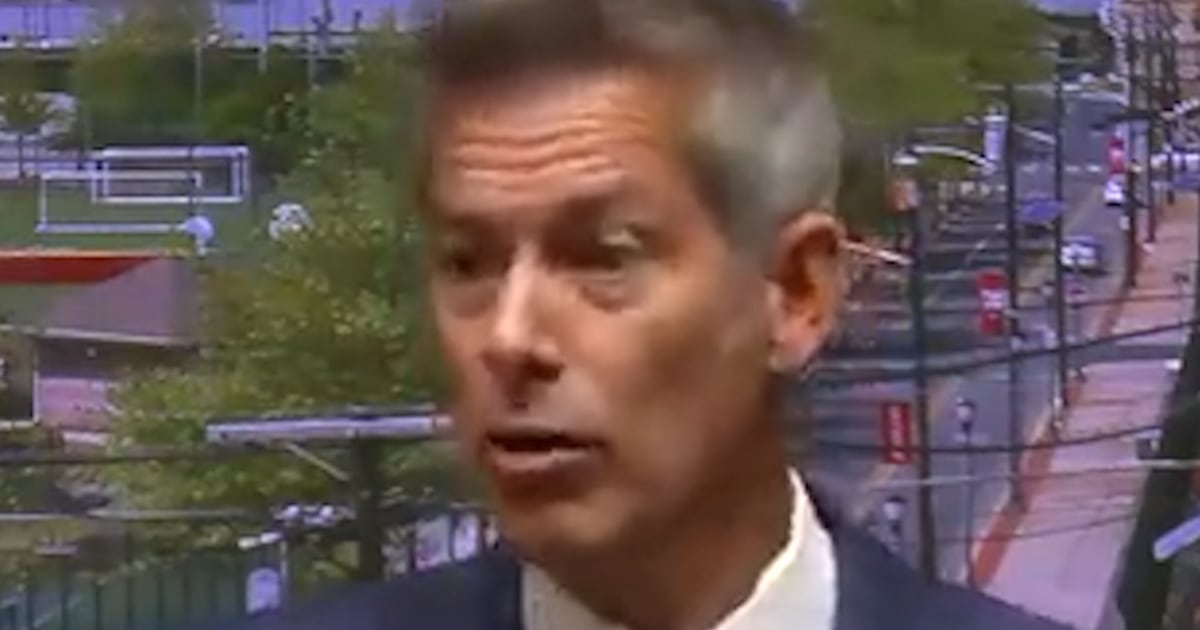A new study has found the Amazon rainforest’s biggest trees are growing because of the amount of carbon dioxide in the atmosphere.
Source link
Sept. 27, 2025, 9:29 AM EDTBy Freddie ClaytonThe giants of the Amazon are getting even bigger. A sweeping new study has found the rainforest’s largest trees are not only holding their ground, they’re thriving — growing, multiplying in number and continue to play a major role in mitigating the impacts of climate change.There was a 3.3% expansion in big trees per decade, scientists found, after tracking changes in 188 intact forest plots across the Amazon over the past 30 years.Led by almost 100 researchers from 60 universities in Brazil, the U.K. and elsewhere, the findings were published on Thursday in the journal “Nature Plants.”The authors attributed the growth to the rising amount of carbon dioxide in the atmosphere from the burning of gas, oil and coal.The paper was welcomed as evidence of forest resilience in the face of climate change, but scientists warned these big trees remain vulnerable as droughts, lightning and fires are increasing in frequency, while deforestation continues to pose a serious threat.There was an understanding that big trees were “expected to be vulnerable to climate change,” Adriane Esquivel-Muelbert, one of the study’s lead authors told NBC News in a telephone interview Saturday. “What we see here is actually they seem to be showing quite a resilience.”“We’re not seeing signs of them dying off,” Esquivel-Muelbert, who co-authored the study while at Britain’s University of Birmingham, but who has since moved on to the nearby University of Cambridge. “They are increasing in size and number as well.”Scientists stressed that while protecting intact forest areas was essential to stabilizing the climate, the Amazon cannot on its own offset the vast amount of carbon dioxide produced worldwide by cars, factories and power stations — and it remains under threat.The rainforest is a carbon sink, meaning it stores more carbon than it produces. Pushing the rainforest past its limit could accelerate climate change and have terrible consequences for local communities, including Indigenous groups who depend on it. Esquivel-Muelbert stressed it was difficult to predict how worsening climate change would have an impact in the future, and hesitated to say that increased CO2 benefitted the forest, warning it may cause bigger trees to become more exposed to other factors like drought.”We don’t know the consequences in the long run,” she said. Other factors, including deforestation, remain a colossal risk to the health of the Amazon. Fattening trees is, in some ways, a “positive news story,” said Rebecca Banbury Morgan, a lead author of the study from the University of Bristol. But it also means that the forest is now “more vulnerable to losing those trees.” “Although we have shown that trees in intact forest are still increasing in size, any benefits of this in terms of the carbon sink can be quite easily negated by deforestation and logging impacts, so preserving these intact forests is really a priority,” she told NBC News. Wildfires, deforestation and global warming could permanently destroy the water cycle that sustains parts of the Amazon rainforest if action is not taken in the coming decades, according to a separate study published last year in Nature.The study suggested that 10% to 47% of the landscape is at risk of transitioning away from rainforest by 2050 if warming and rates of deforestation aren’t dramatically curbed.Brazil’s Congress approved a bill in 2023 to relax environmental licensing to pave a highway cutting through the heart of the Amazon, and close to one of the last regions that still has large areas of pristine forestLosing a large portion of the Amazon could turn a key carbon sink into a source of emissions, as wildfires burn and plants and animals decompose, no longer able to survive. Freddie ClaytonFreddie Clayton is a freelance journalist based in London.
